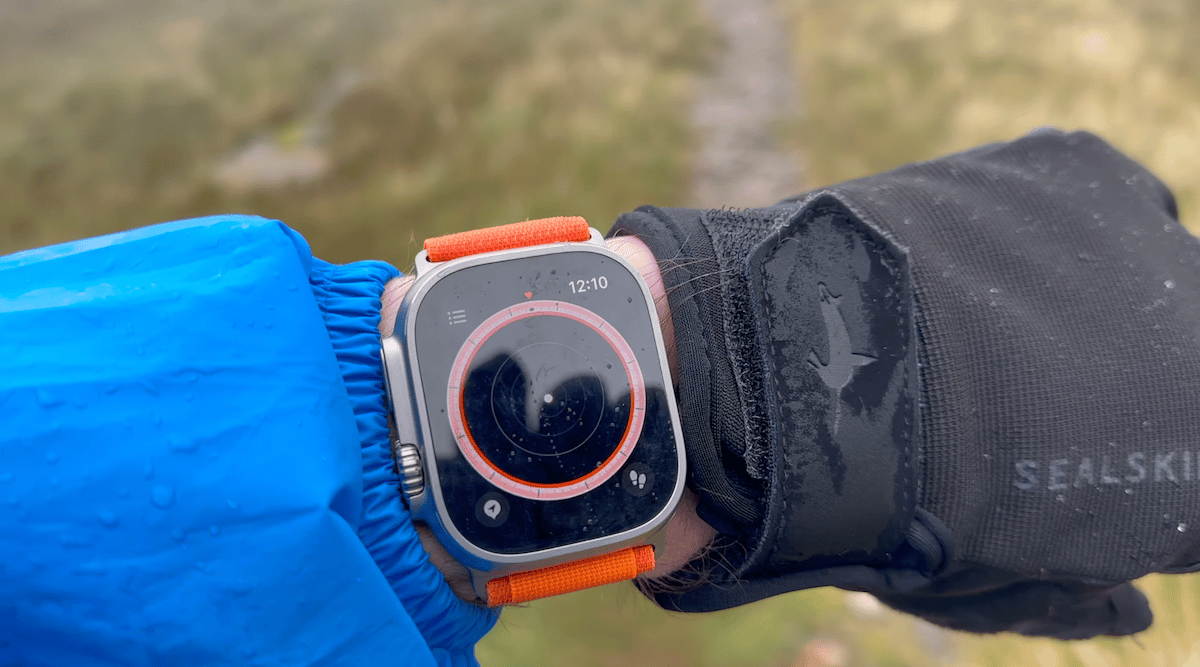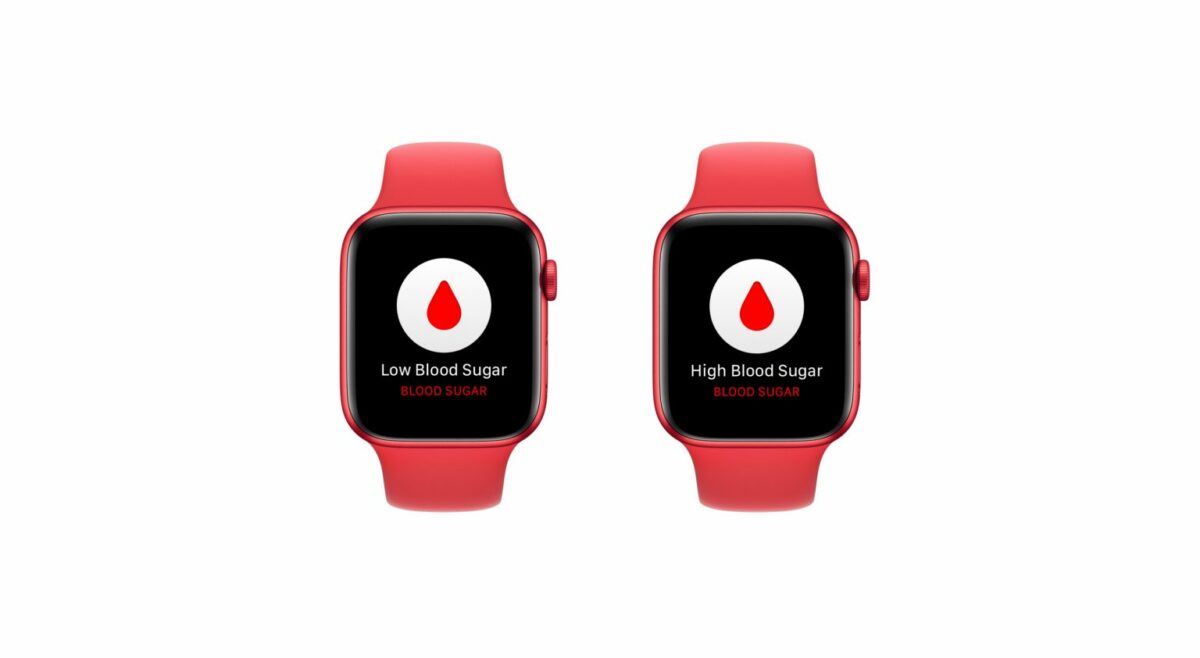The U.S. Food and Drug Administration (FDA) recently issued a public health advisory, expressing concerns about unapproved smartwatches that claim to measure blood glucose levels.
The FDA has highlighted significant risks associated with using these devices, despite the concept of a seamless, non-invasive monitoring solution being an attractive prospect.
The U.S. Food and Drug Administration (FDA) is warning consumers, patients, caregivers, and health care providers of risks related to using smartwatches or smart rings that claim to measure blood glucose levels (blood sugar) without piercing the skin.

The FDA says smartwatches with blood glucose levels monitoring are unreliable
The FDA’s focus on safety resonates with responsible players in the industry. Notably, Apple, known for its commitment to health and fitness features in its Apple Watch, acknowledges the challenges and limitations of current non-invasive blood glucose monitoring technology.
While several reports allude to Apple’s internal efforts to develop such a feature, they emphasize the company’s cautious approach, prioritizing accuracy and regulatory compliance.
Mark Gurman, Bloomberg’s Apple analyst, stated in March 2023 that the blood glucose monitoring feature for the Apple Watch is likely several years away, requiring further refinement of algorithms and on-board sensors.
The company reportedly explores using a silicon photonics chip for optical absorption spectroscopy, a non-invasive method that measures blood sugar indirectly through light absorption under the skin. While promising, this technology requires extensive testing and validation before integration into a consumer device.

Although the FDA’s stance may seem like an obstacle to technological advancement, it emphasizes its commitment to prioritizing patient safety.
So, what should you do if you’re living with diabetes?
The FDA warns that this could lead to serious health consequences, such as taking the wrong dose of medication or missing a serious change in blood sugar levels.
For people with diabetes, inaccurate blood glucose measurements can lead to errors in diabetes management, including taking the wrong dose of insulin, sulfonylureas, or other medications that can rapidly lower blood glucose. Taking too much of these medications can quickly lead to dangerously low glucose, leading to mental confusion, coma, or death within hours of the error.
So they strongly recommend using traditional finger-prick blood glucose meters for accurate monitoring. These established devices have a proven track record and provide reliable data you can trust.
Consulting your healthcare provider is also crucial as they can offer personalized guidance on managing your diabetes, selecting the right monitoring tools, and understanding the latest developments in technology.
Although the allure of technology integrating seamlessly into healthcare is undeniable, when it comes to critical health monitoring like blood sugar management, prioritizing accuracy and adhering to FDA guidelines is paramount.
(Via FDA)
Read more: